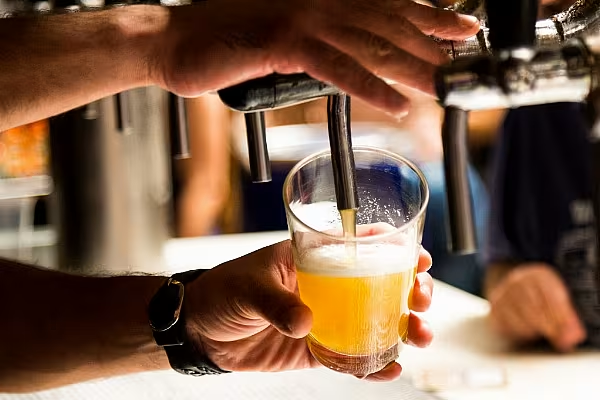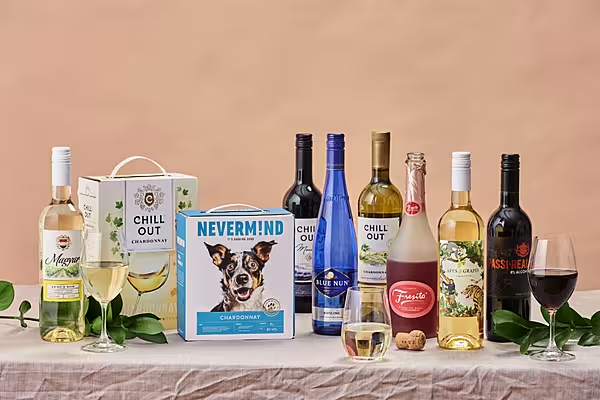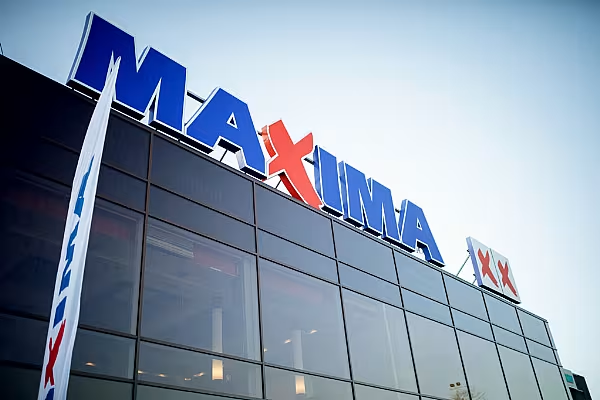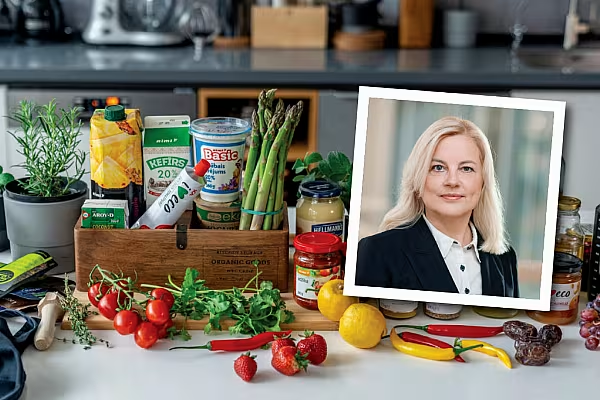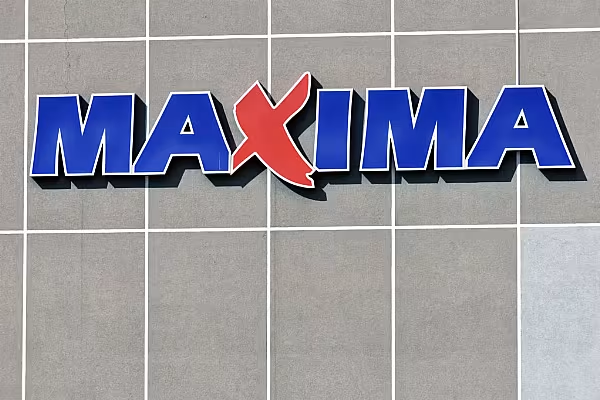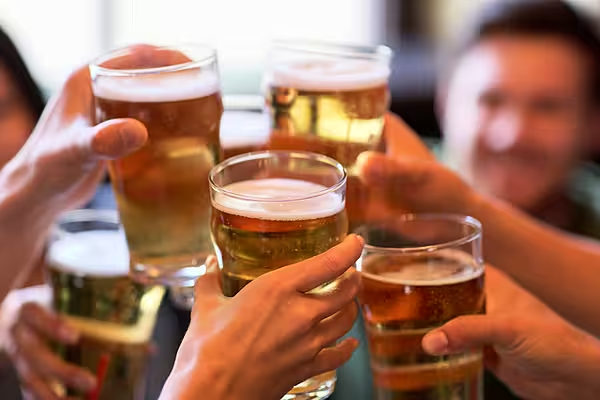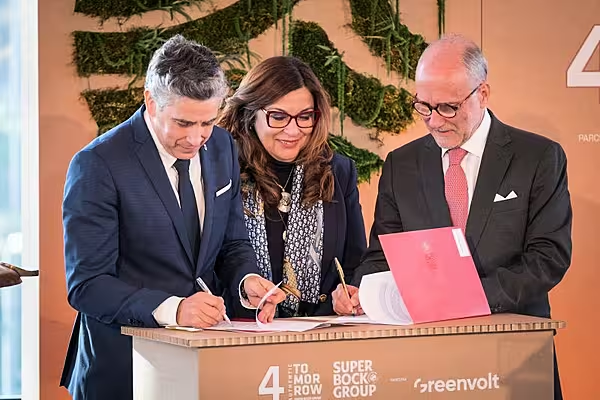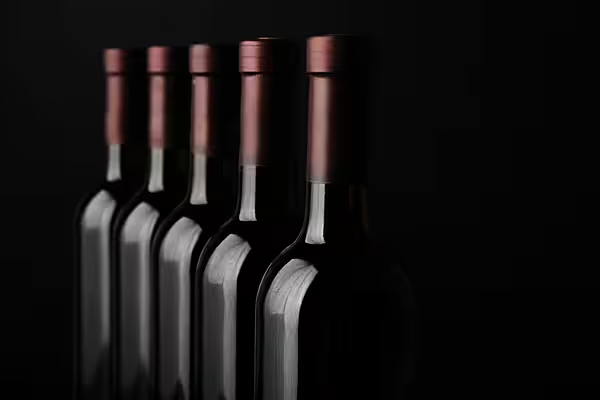Home to the world’s biggest drinkers, governments in the Baltic region thought they’d curb boozing and raise more revenue by hiking alcohol taxes. The only problem was that they didn’t coordinate.
While Estonia and Lithuania increased excise, neighboring Latvia was slower. The result? A flood of thirsty drinkers into the latter, whose budget has received a boost. Meanwhile Estonia is experiencing the opposite effect as the higher tax discourages domestic alcohol purchases.
“Along the major routes of the Latvian-Estonian border there are a lot of new alcohol shops,” said Martins Kazaks, Swedbank’s chief economist in Latvia. “There are economic implications – for jobs and tax revenue.”
The incentives for drinkers to hit the road are clear: a 0.7-litre bottle of Tullamore Dew whiskey costs €23.99 in Tallinn but €15.69 in Riga, and shoppers driving relatively short distances are able to head home with carloads of beer, wine and spirits.
As Latvia laps up the new business, Estonia says revenue from alcohol taxes probably fell €34 million short of projections last year.
The government has slashed by half another planned tax increase on all alcohol except wine to “reduce risks from cross-border trade.” Estonia has boosted liquor taxes by 60% in the past five years, and hiked excise on beer by 7% last summer.
Consumption Trends
Lithuania, ranked by the World Health Organisation as the biggest per-capita consumer of alcohol on the planet, is faring better: Revenue has beaten targets even after excise on beer and wine was more than doubled during the past year.
But risks remain as its booze-busting policies are expanded. The hours during which alcohol can be sold in stores are being cut, the drinking age has risen to 20 from 18 and advertising has been restricted, forcing pages to be ripped out of some magazines.
The fallout from the tax policies is spreading even beyond the Baltic region. Finns, who previously flocked to Tallinn from Helsinki by ferry to snap up cheap alcohol, are increasingly turning to Latvia, according to a survey last year by Finnish researcher TAK.
Of citizens who returned home with more than 100 litres of alcohol, half had traveled to Latvia or further to buy it, it said.
News by Bloomberg, edited by ESM. Click subscribe to sign up to ESM: The European Supermarket Magazine.
